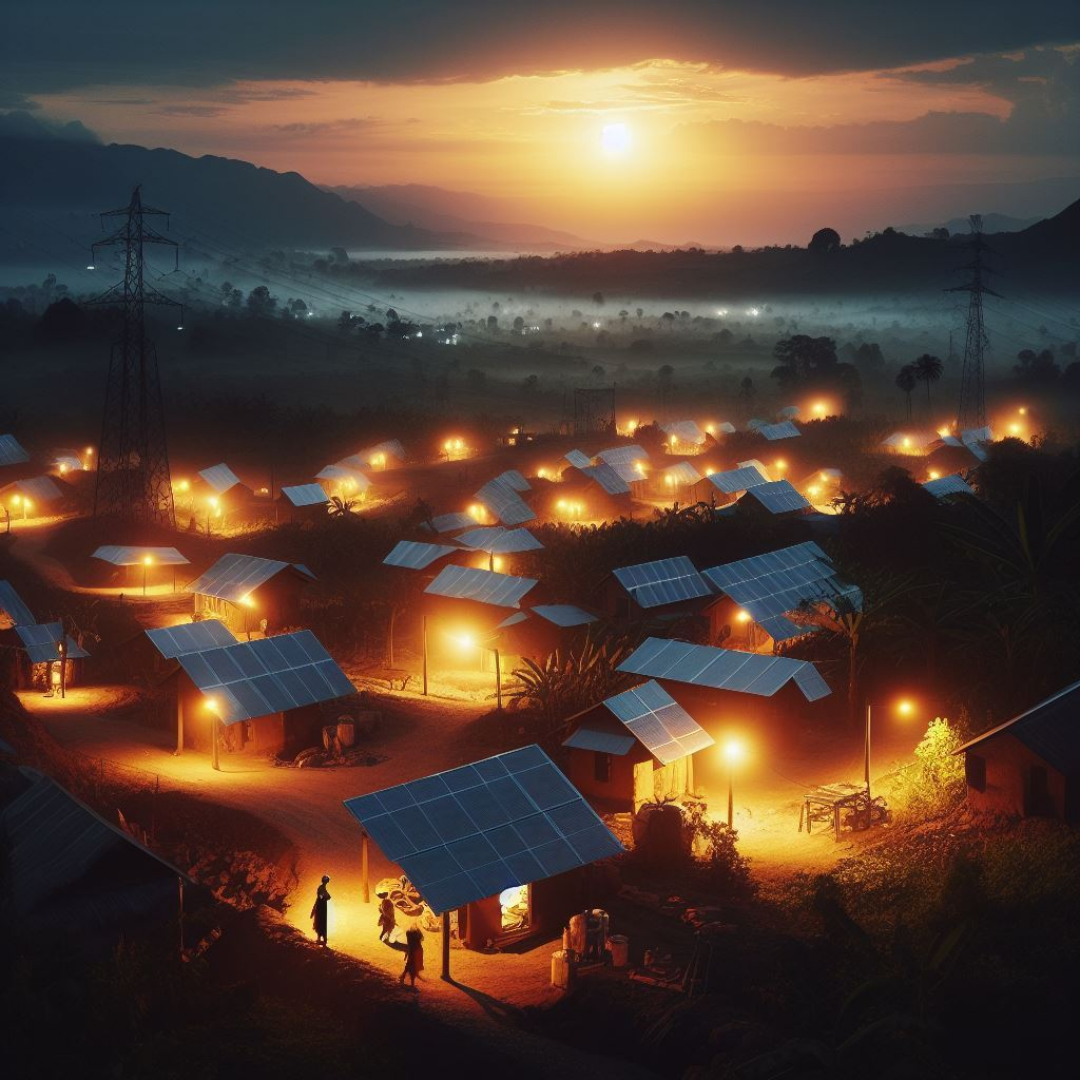In rural communities across Africa, millions have long grappled with daily reality of living without electricity. However, a transformative shift is underway, thanks to rise of solar mini-grids.

In rural communities across Africa, millions have long grappled with the daily reality of living without electricity. However, a transformative shift is underway, thanks to the rise of solar mini-grids. These small-scale power stations are bringing reliable and affordable electricity to underserved areas, heralding a new era of progress.
One shining example of this progress can be found in the village of Sabon Gida, Nigeria. Once dependent on diesel generators and lamps, the community now thrives with the aid of a solar-powered mini-grid.
This innovation provides nearly continuous electricity to half of the village’s households and businesses. The impact has been profound, particularly for individuals like Andat Datau, a nurse who once delivered babies by torchlight. Now, with a dependable source of electricity, medical procedures have become significantly smoother and more efficient.
While the potential for solar power in Africa is immense, the continent lags behind in terms of installed capacity. To address this gap, renewable energy, particularly solar, will be a focal point at the upcoming COP28 climate talks in Dubai.
Solar mini-grids offer a promising solution for providing fossil-free electricity access in rural sub-Saharan Africa. According to a World Bank report, the number of installed solar mini-grids has surged from 500 in 2010 to over 3,000 today, with another 9,000 anticipated in the coming years.
However, scaling up solar energy in Africa poses significant challenges. Attracting investors, managing inflationary pressures on equipment, securing state financing, and implementing clear policies promoting solar energy use are all crucial hurdles. Addressing these issues is essential to achieving the sustainable development goals of providing power to 380 million people in Africa by 2030.
Solar mini-grids represent a promising stride towards closing the energy gap in rural Africa. Beyond just illuminating homes, they pave the way for economic development and an enhanced quality of life. With sustained investment and support, solar mini-grids hold the potential to transform communities across the continent, ushering them from darkness into a brighter, more prosperous future.